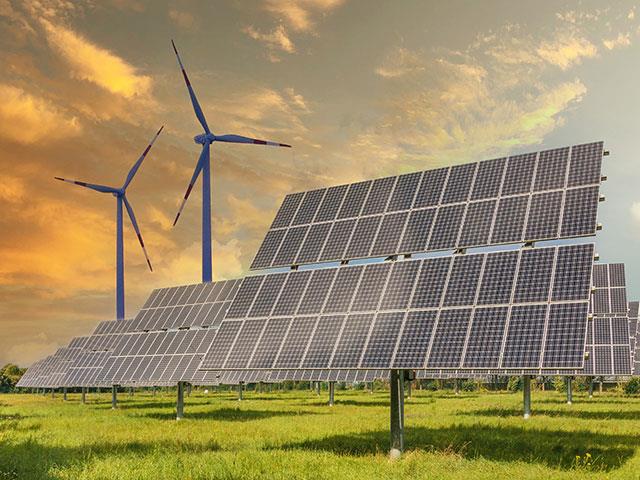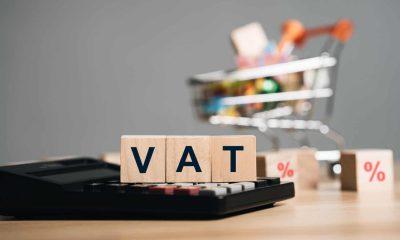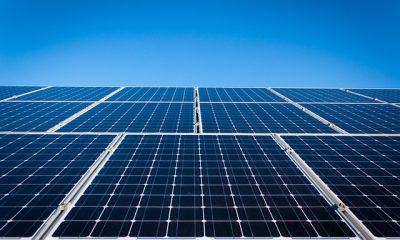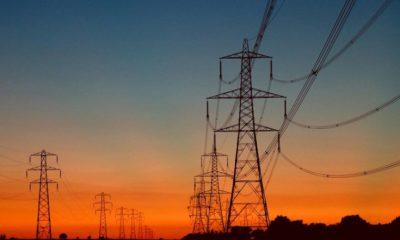411
The 2025 Budget: A Turning Point for Renewable Energy in South Africa

South Africa’s 2025 Budget, announced by Finance Minister Enoch Godongwana, presents a critical opportunity for the country to accelerate its transition to renewable energy. With R219.2 billion allocated to modernizing and expanding the energy infrastructure, the government is setting the stage for a greener, more sustainable energy future. However, while the budget shows promise, success depends on effective execution, regulatory reforms, and consistent investor confidence.
Renewable Energy: A Growing Sector in South Africa
By 2030, renewable energy is expected to power 41% of South Africa’s electricity grid, with large-scale solar and wind projects leading the charge. The introduction of energy storage will be crucial in stabilizing the grid, ensuring reliable power supply, and reducing the country’s dependence on traditional energy sources.
A significant change is the shift towards decentralized generation. This trend sees businesses and households investing in solar power, allowing them to generate their own energy and reduce reliance on state-owned utility giant Eskom. This shift could create a more diverse and resilient energy sector, giving South Africans greater control over their power sources.
The Role of Eskom’s Restructuring in Energy Market Competition
The restructuring of Eskom is set to open the energy market to competition, which is expected to be a game-changer. A more independent transmission system operator (TSO) will ensure that private producers gain fairer access to the grid, increasing opportunities for innovation and investment. The rise of flexible grid solutions and energy storage will provide the stability needed for renewable energy sources to become the backbone of South Africa’s low-carbon power system.
Opportunities for Economic Growth and Technological Innovation
The transition to renewable energy will have far-reaching benefits beyond environmental sustainability. The renewable energy sector is expected to generate thousands of new jobs, fueling economic growth and driving technological innovation in the country. The economic ripple effect from investing in cleaner energy could reshape the national economy, creating a more sustainable and green economy.
The Challenge of Delays and Regulatory Bottlenecks
Despite the budget’s support for renewable energy, South Africa’s track record of delayed infrastructure projects poses a significant challenge. Regulatory bottlenecks have historically slowed down progress, and the grid access and capacity challenges need urgent attention. For this transition to succeed, South Africa will need substantial investments in grid upgrades and streamlined regulatory approvals.
The public-private partnership reforms, set to take effect in June 2025, aim to speed up approvals and attract private-sector investment. These reforms are a positive step forward, but the execution must be efficient and timely to maintain investor confidence.
The Impact of VAT and Other Tax Considerations
Even a minor 1% VAT increase by 2027 could add financial pressure on capital-intensive renewable projects such as solar farms, battery storage, and inverter installations. This could reduce the competitiveness of bids, making it harder to attract investment. South Africa must advocate for tax relief on renewable energy projects, such as accelerated depreciation and VAT relief, to ensure continued momentum in the sector.
Addressing Financial Risks for Independent Power Producers
For independent power producers (IPPs), one of the significant risks is the financial instability of local municipalities, which often delays payments for the energy produced. Clear and consistent government policies, structured procurement programmes, and financial incentives will be necessary to create a stable investment environment for IPPs.
Building a Transparent and Efficient Procurement Framework
A more transparent procurement framework with regular bidding rounds and reduced red tape is critical for enabling faster project deployment. Additionally, strengthening grid access through clear wheeling regulations and targeted investment will ease the integration of renewable energy producers into the grid.
The Path Ahead: Execution and Policy Consistency
While the 2025 budget’s focus on energy investment is encouraging, the real success of South Africa’s renewable energy transition will depend on execution, policy consistency, and financial incentives. By addressing key barriers such as grid access, regulatory delays, and financial instability, South Africa can position itself as a leader in clean energy and achieve its goal of a low-carbon future.
South Africa’s renewable energy future hinges on the efficient implementation of these plans. By embracing innovation, improving infrastructure, and fostering a stable investment environment, South Africa can build a more sustainable energy system for future generations.
{Source IOL}
Follow Joburg ETC on Facebook, Twitter , TikTok and Instagram
For more News in Johannesburg, visit joburgetc.com


























